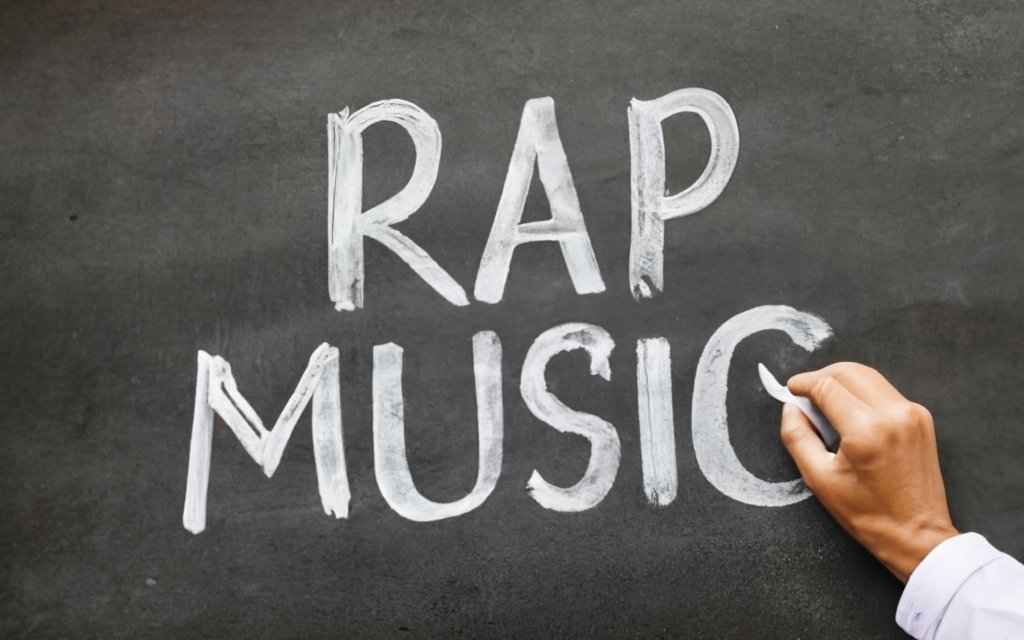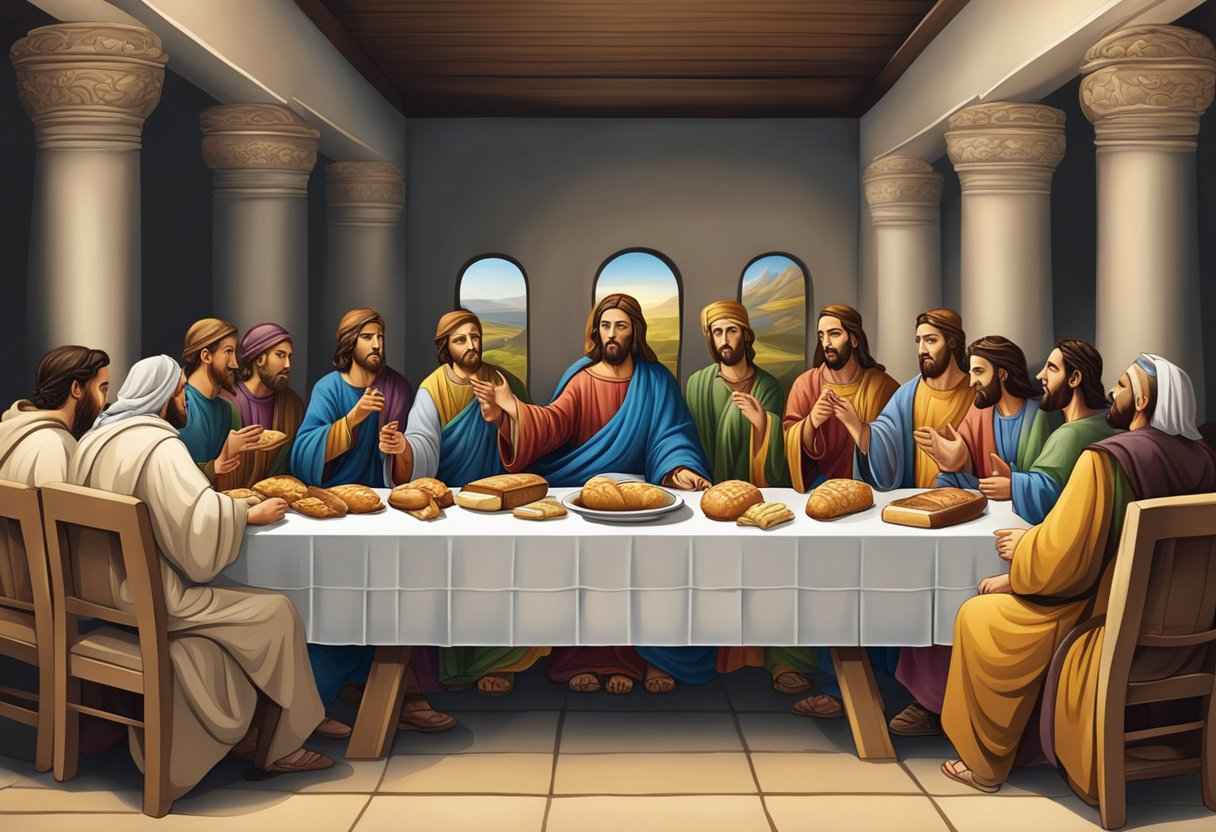The tradition of swearing on a Bible when taking an oath in court has a long history in the judicial systems of many Western countries.
But in our increasingly secular age, does this practice still serve a valid purpose?
This article will explore the origins, meaning, and ongoing debate around swearing on the Bible in courtrooms today and will answer the obvious question of why do we swear on a bible in court.
A Centuries-Old Tradition
- The practice of swearing an oath on a religious text dates back to the Middle Ages in Europe, when the Bible held unquestioned authority.
- At that time, nearly everyone was Christian, so swearing on the Bible carried great meaning and weight. The act invoked God as a witness to the truth of one’s words.
- As Western judicial systems evolved, the tradition of swearing on the Bible became firmly entrenched. It continues in countries with Christian heritage like the United States and Canada.
Theories Behind the Tradition
There are several theories as to why swearing on the Bible became standard practice in courts:
- Religious tradition – As mentioned, societies were devoutly Christian, so the Bible oath held deep significance. It ensured people took the oath seriously.
- Trial by ordeal – The oath invoked God’s judgement, similar to trial by ordeal where God revealed the truth. This gave confidence in the testimony.
- Symbolic gesture – The act symbolically impresses upon the witness the gravity of the oath they are taking before God.
The Legal Implications
- Legally, witnesses are not actually required to swear on a Bible today in most court systems.
- The key requirement is that they take a solemn oath to tell the truth, whether or not a religious text is used.
- Judges usually allow the use of alternative texts for non-Christians who request them. Completely secular affirmations are also permitted.
The Debate in Modern Times
The relevance and appropriateness of swearing on the Bible is debated today:
Arguments For
- Upholds an established tradition and ceremony in the courtroom
- Holds spiritual significance for Christian witnesses
- Reminds witnesses of the gravity of the oath
Arguments Against
- Unfairly privileges Christianity in diverse secular societies
- Potentially biases court proceedings in favor of Christian witnesses
- Oath is still binding without the religious element
Alternatives for Non-Christians
- Non-Christian witnesses may request other religious texts if they object to the Bible, such as:
- The Hebrew Bible
- The Quran
- The Bhagavad Gita
- Or they may request a completely secular oath using:
- A constitutional text
- An affirmation statement
- Refusing to take any oath may lead to being held in contempt of court.
So in summary, while swearing on the Bible retains significance for some, it is not essential for a binding oath today. The tradition remains contentious as societies grow more secular and diversify religiously. But alternatives are available in most courts if requested.
The key takeaway is that the gravity of the oath does not come from the text itself. It comes from the witness’s sincerity and understanding of the serious nature of the promise to tell the truth.
The Psychological Impact
The use of the Bible in oaths may influence court proceedings in subtle psychological ways:
- For Christian witnesses, it could strengthen their resolve to tell the truth under God.
- Conversely, non-Christians may feel pressured and alienated, impacting their testimony.
- Research shows religious reminders increase feelings of being under surveillance, making people less likely to lie.
- But some argue swearing on the Bible leads jurors to perceive Christian witnesses as more credible, introducing bias.
The Evolution of the Tradition
- In the United States, the use of the Bible in oaths derives from English common law traditions brought over by settlers.
- But even England has moved toward allowing non-religious affirmations today.
- In 1789, the U.S. Constitution banned religious tests for public office, not court oaths.
- Efforts to limit Bible oaths were rejected, but some Founding Fathers acknowledged concerns.
“As the Government of the United States of America is not, in any sense, founded on the Christian religion…” – Treaty of Tripoli, 1796
- Use of the Bible declined as the U.S. became more religiously diverse.
- Today, many courts will accommodate different texts and non-religious oaths.
The Separation of Church and State
- Requiring Bible oaths has been challenged under the First Amendment’s freedom of religion and separation of church and state.
- In some cases, forcing witnesses to use the Bible was ruled unconstitutional.
- But the Supreme Court has stopped short of banning Bible oaths, calling them “deeply embedded” tradition.
- Critics argue tradition alone does not justify a religious requirement against people’s conscience.
- The question remains controversial, as courts balance tradition and increasing diversity.
Cultural Influences Around the World
- Canada, Australia, and other former British territories maintain the tradition of using the Bible in court oaths.
- However, changes have been made to accommodate diversity, such as allowing different religious texts.
- In many European countries like France and Germany, secular oaths are the norm to avoid religious favoritism.
- Saudi Arabia requires oaths be taken on the Quran, reflecting very different cultural influences.
- So while Bible oaths are common in Western countries, accommodations for diversity vary widely.
Conclusion: Tradition Versus Diversity
The use of the Bible in oaths remains widespread due to long tradition, but faces increasing challenges:
- As religious diversity grows, more citizens object to Christian favoritism.
- But upholding tradition retains significance for some Christians.
- Striking a balance is not easy, as both principles of faith and diversity have merit.
- For now, most courts walk a middle ground, maintaining tradition while allowing alternatives.
Swearing on the Bible retains profound symbolism, invoking moral accountability to God and centuries of tradition. Yet it also highlights the tension between maintaining traditional practices and accommodating diversity in changing times. The debate over oath practices will likely continue as communities negotiate this complex balance.



















